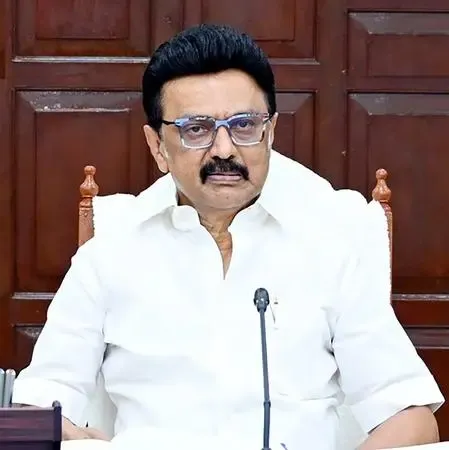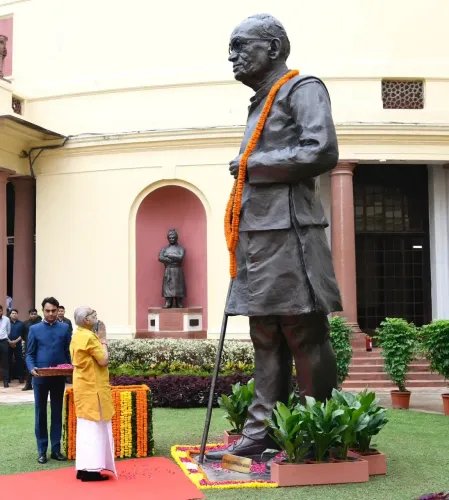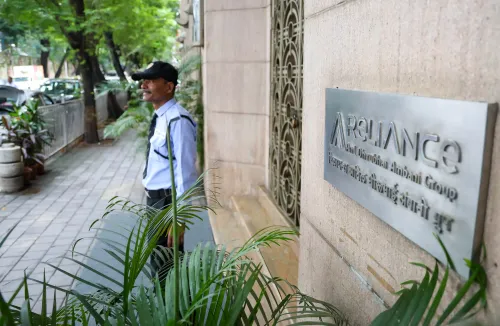Over 10.97 Lakh Trainees Secured Employment Under DDU-GKY Initiative: Minister

New Delhi, Dec 17 (NationPress) The Deen Dayal Upadhyaya Grameen Kaushalya Yojana (DDU-GKY) has successfully trained a total of 16.9 lakh individuals, with more than 10.97 lakh candidates, accounting for 65 percent of the total, achieving gainful employment from FY 2014-15 until November 2024, as shared in the Lok Sabha on Tuesday.
It is important to note that under DDU-GKY, securing a job in the same field as the training received is not obligatory. The top 15 sectors where training was provided include textiles, retail, electronics, tourism and hospitality, telecom, logistics, and healthcare, as stated by the Minister of State for Rural Development, Kamlesh Paswan, in a written response.
The DDU-GKY guidelines offer a variety of financial benefits to candidates, such as Training Costs, Assessment Costs, Post Placement Support, and Retention Support. Additionally, Alumni Support and Migration Support Centres further assist in ensuring long-term employment stability. Comprehensive details regarding the various support measures are included in Annexure 1.
Furthermore, the DDU-GKY guidelines allocate 50 percent of the funds for Scheduled Castes (SCs) and Scheduled Tribes (STs). It is also mandated that 15 percent of the beneficiaries come from minority groups, 5 percent from Persons with Disabilities (PwDs), and 33 percent from women. The number of beneficiaries from women, SCs, STs, and PwDs who have been trained and placed in the last three years and the current year under DDU-GKY is noteworthy.
An impact study has been initiated and is currently being conducted on the 10,97,265 individuals who have secured gainful employment under DDU-GKY since FY 2014-15 until November 2024, as stated by the minister.
The minister also mentioned that new guidelines for Deen Dayal Upadhyay Grameen Kaushalya Yojana 2.0 have been developed based on implementation experiences and feedback from stakeholders. Key enhancements under DDU-GKY 2.0 include an extension of the placement period from a minimum of 3 months to 6 months, and funding projects according to training batches.
Additionally, there will be provisions for upskilling and reskilling of trained candidates employed for 12 months post-training, a separate 5 percent allocation for Innovative Projects, and the establishment of a skill loan mechanism—along with the empanelment of agencies that offer advanced training.
Lastly, arrangements have been made for self-help groups and their federations to serve as project implementation units for training and placement initiatives.









